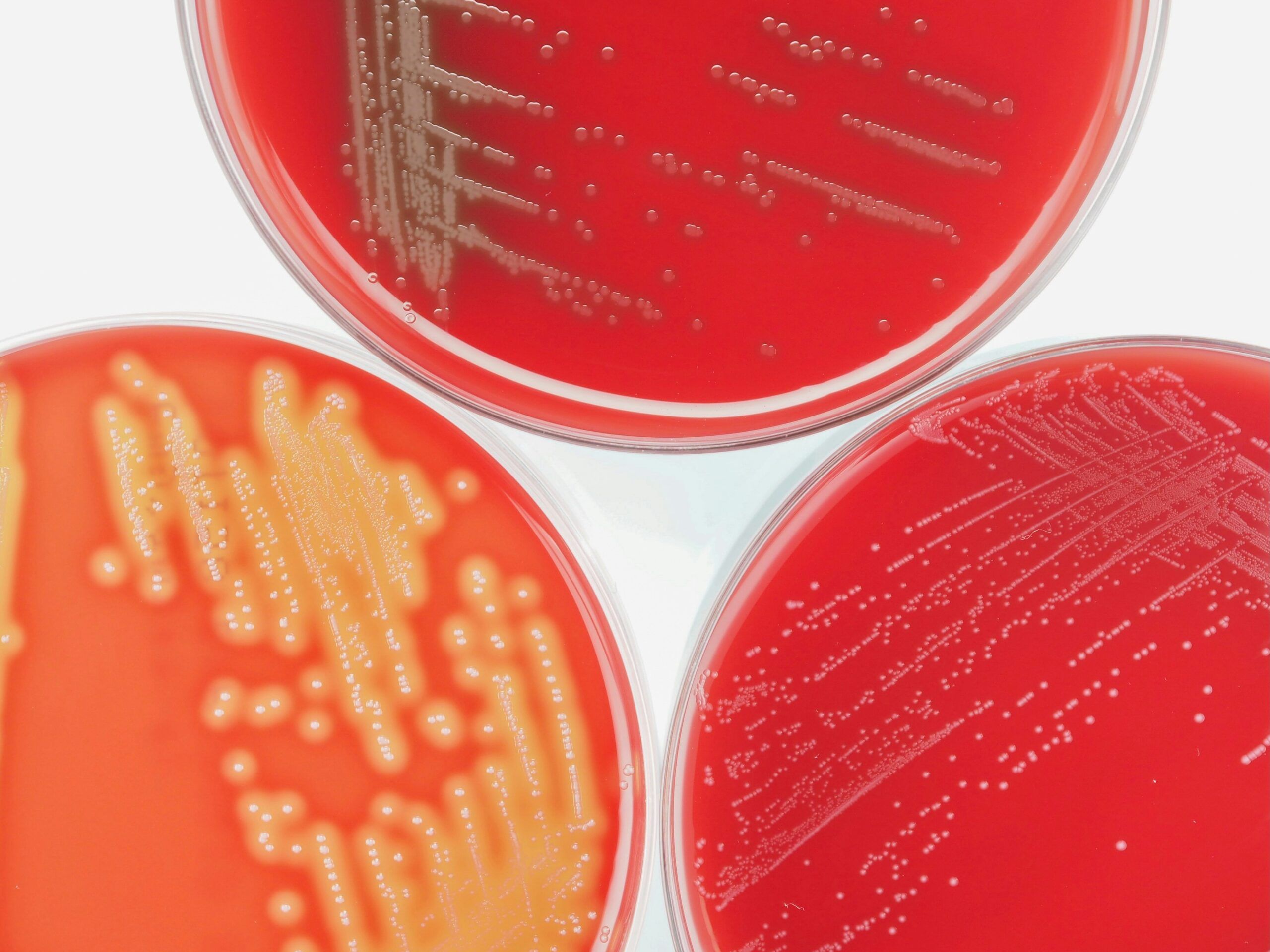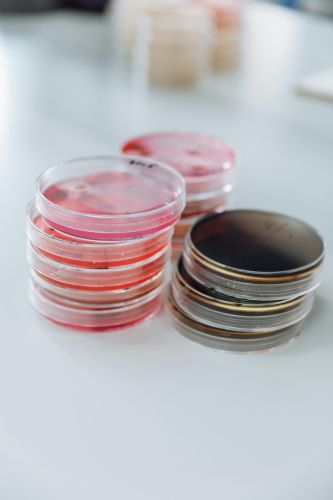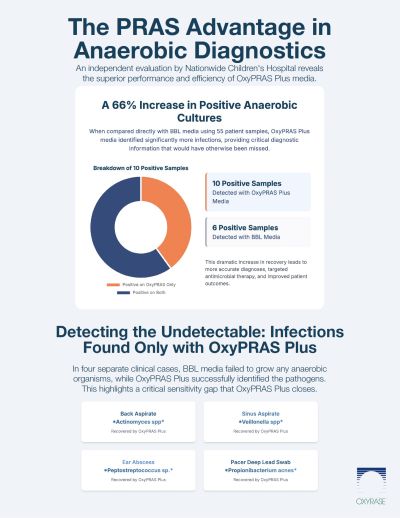Plated Media Sample Guide
Welcome to our Plated Media Sample Guide. Your go-to resource for exploring Oxyrase’s innovative anaerobic media solutions. Whether you’re evaluating options for your lab or preparing to test samples, this guide outlines our offerings, best practices for analysis, and real-world insights from past assessments
Ready to request samples?

What We Offer
OxyPRAS Plus Plated Media
Pre-reduced, anaerobically sterilized plates for superior anaerobic growth, ideal for fastidious organisms.
- Arrive at your lab ready to use.
- Extended benchtop stability up to 2 hours.
- Enhanced recovery of clinically significant anaerobic bacteria.
- Lower cumulative cost per sample than competitors.
OxyPlate Plated Media
An all-in-one anaerobic culture solution with all the benefits of pre-reduced, anaerobically sterilized media.
- Streamlined primary culture workflow.
- On-demand growth monitoring.
- Handle plates individually instead of batched.
- Compatible with aerobic and CO2 incubators.
Recommended Sample Analysis Protocol
To ensure you get the most accurate and relevant insights from your Oxyrase plated media samples, we recommend a straightforward, real-world evaluation method. Rather than relying solely on quality control (QC) organisms—which are great for basic validation but often don’t capture the complexities of clinical workflows—test our media directly alongside your existing plates using fresh clinical specimens. This parallel approach highlights practical advantages like improved recovery rates, clearer colony morphology, and streamlined anaerobic conditions in your daily routine.
Our protocol is designed for ease of integration into busy lab schedules, taking just 30–45 minutes of hands-on time per run. Follow these steps for optimal results, and remember: consistency in conditions (e.g., same incubator, inoculum density) is key to fair comparisons.
-
Preparation
Store your Oxyrase samples immediately at 4°C upon arrival. They remain stable for up to 3 and 4 months from manufacture, for OxyPlates and OxyPRAS Plus plates, respectively. Inspect plates for integrity, no cracks, bubbles, or discoloration, and allow them to equilibrate to room temperature for 15–30 minutes before use.
-
Setup
Select fresh clinical specimens from your routine caseload, such as wound swabs, aspirates, or blood culture positives suspected to contain anaerobes. Avoid archived or frozen samples to preserve viability. Prepare your workstation with your current standard media (e.g., Brucella agar or equivalent) and the corresponding Oxyrase plates.
-
Inoculation & Incubation
Inoculate both sets of plates simultaneously:
- Transfer a uniform inoculum from the specimen.
- Streak for isolated colonies using your preferred streaking pattern.
- Check at 24 hours for initial growth, then at 48 hours for full development. Note any environmental factors like gas mixture or humidity for your records.
-
Assessment
Remove plates from incubation and compare under consistent lighting (e.g., benchtop lamp at 45° angle). Evaluate key metrics:
- Growth Recovery: Count colonies and calculate percent recovery (Oxyrase vs. standard). Look for enhanced growth of fastidious anaerobes or increased microbial diversity.
- Colony Quality: Assess morphology, size, and pigmentation—Oxyrase media often yields sharper, more luxuriant colonies.
- Overall Performance: Rate on a simple scale (e.g., 1–5) for ease of reading and reduced overgrowth. Document any standout differences, such as faster emergence.
Pro Tip: Why Clinical Specimens Over QC Organisms?
QC streaking with reference strains confirms media sterility and basic functionality, but it overlooks the polymicrobial challenges of clinical samples—like variable oxygen exposure or inhibitor effects. By testing on actual specimens, you’ll uncover workflow wins, such as 20–30% better anaerobe isolation rates we’ve seen in user trials. It’s the gold standard for deciding if Oxyrase fits your lab.

